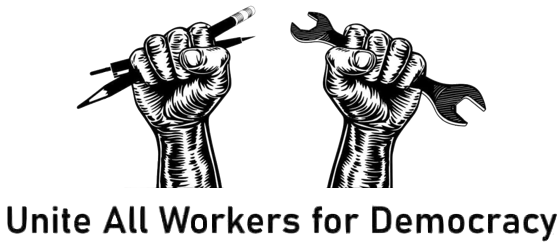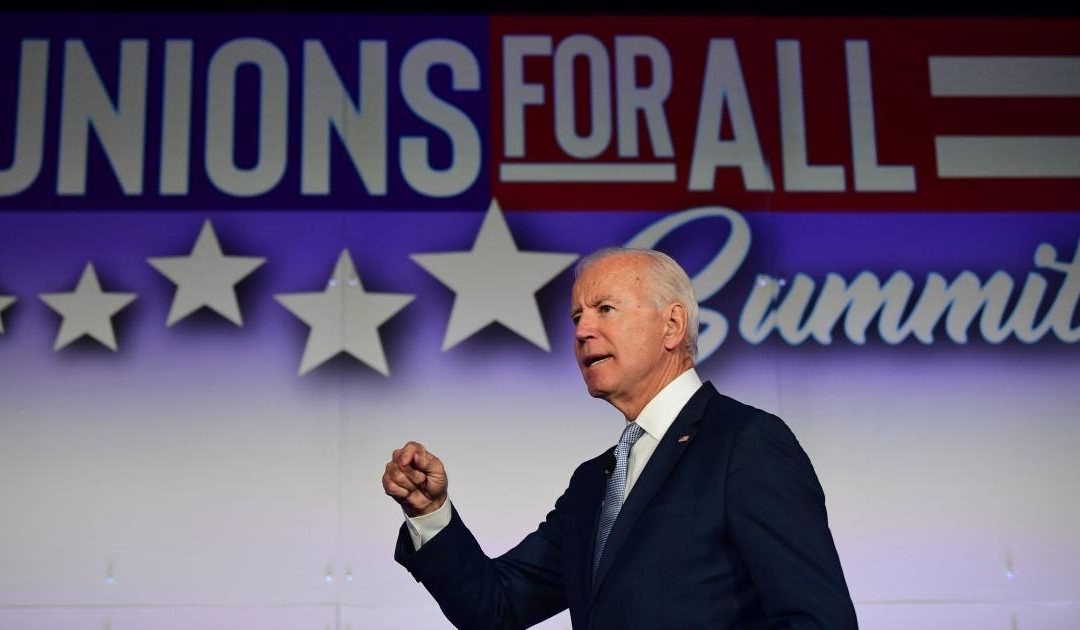Few legal arenas are more volatile than labor law. With the National Labor Relations Act remaining virtually unchanged by Congress since 1959 and the Supreme Court growing increasingly uninterested in interpreting it, the role of creating and changing labor policy governing most private-sector workers in America falls almost entirely upon the National Labor Relations Board.
Inevitably, this results in a wild oscillation of reversed precedent whenever the White House flips between a Democrat or Republican. The new appointees to the Labor Board typically make it a priority to overturn as much of the past majority’s decisions as possible, paying special attention to those which recently tilted the doctrinal scales in labor’s or management’s favor. This can create chaotic results in some areas of the law. For example, the question of whether graduate students are covered as employees under the Act—and thus possess the right to unionize and collectively bargain—has flipped three times since 2000 and is currently slated to change again.

